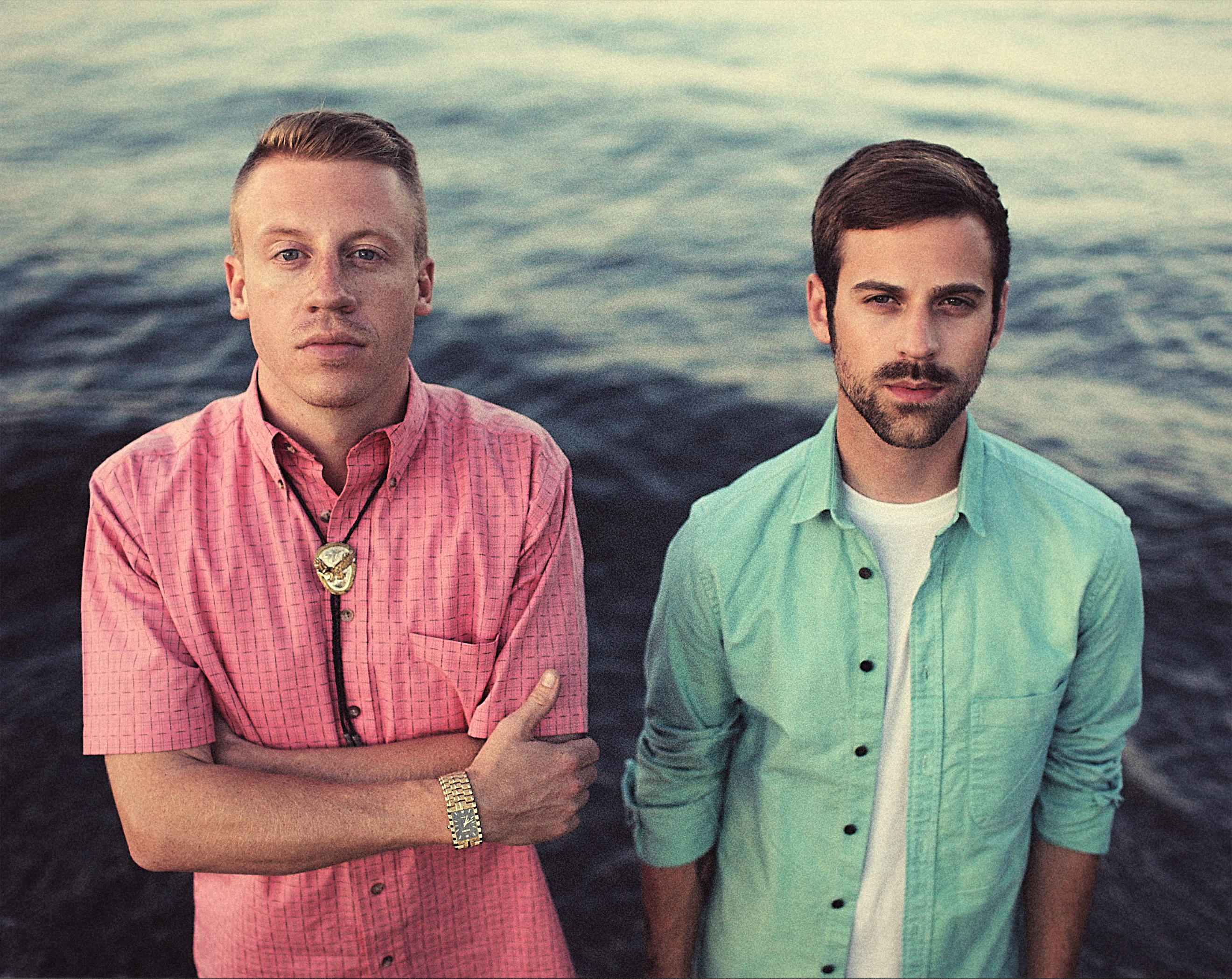Against the grain: Macklemore, Red Hot Chili Peppers advocate against drugs

Macklemore’s lyrics about drug abuse are comparable to the Red Hot Chili Peppers and their songs, including “Otherside” and “Under the Bridge.” Through songs such as “Neon Cathedral,” Macklemore has gone against the norm in rap music.
Red Hot Chili Peppers/
Macklemore
Playlist:
Listed below are some songs from Red Hot Chili Peppers and Macklemore that risked breaking the norm of lyrical content in popular music.
1. “Under the Bridge,” Red Hot Chili Peppers
2. “Otherside,” Macklemore
3. “Otherside,” Red Hot Chili Peppers
4. “Neon Cathedral,” Macklemore
5. “Scar Tissue,” Red Hot Chili Peppers
6. “Same Love,” Macklemore
7. “Tearjerker,” Red Hot Chili Peppers
8. “Wing$,” Macklemore
Compiled by Brendan Hornbostel.
By Brendan Hornbostel
Jan. 16, 2013 12:06 a.m.
Under a bridge in downtown Los Angeles, Anthony Kiedis battled powerful, personal demons in search for heroin, and at rock bottom, Macklemore found a similar addiction to OxyContin and cough syrup.
Throughout the 1960s, ’70s and ’80s, rock n’ roll was synonymous with promiscuous sex and heavy drug use. The popular artists of the times wrote very delicately, but also prominently, about these topics. It was rare to find a condemnation of these behaviors.
Red Hot Chili Peppers came out of this drug culture, with many of the members struggling with addiction. When the band’s spirited fusion of funk and rock emerged from Los Angeles in the late 1980s, the masses of outcasts were given the honest truth behind drug abuse. This against-the-grain approach, coming from the sorrowful frontman Kiedis, laid the foundations for artists of all genres, including Macklemore, to speak out against drugs and alcohol.
As Kiedis battled his heroin addiction, he scribbled in a journal the words that would become one of the band’s greatest tunes, “Under the Bridge.”
Released in 1991 on the record “Blood Sugar Sex Magik,” “Under the Bridge” sounded dramatically divergent from anything on the radio at the time. Kiedis’ tales of the abandonment and isolation that he suffered with his addiction were true and bold:
“Under the bridge downtown/ Is where I drew some blood … Under the bridge downtown/ I gave my life away.”
Led by Kiedis’ against-the-grain and honest writing style, the band went on to release songs like “Tearjerker,” “Scar Tissue” and “Otherside” that produced a sense of closeness and responsibility that drove many other artists to share their drug abuse. Red Hot Chili Peppers broke the barrier to honest reprisal of the drug culture; the band’s sincerity is as tremendous as its talent, and Kiedis’ words are humbling and gentle.
The present-day genre of rap has been overrun by a celebration of drugs and alcohol.
Ben Haggerty, known by most as his stage name Macklemore, has begun to receive the recognition he deserves as a voice for maturity in an era riddled with the promotion of illicit drugs.
Macklemore frequently raps about his past with drugs, mostly OxyContin, cough syrup and alcohol. As hip-hop has yet to experience the same shift that Red Hot Chili Peppers brought to rock, Macklemore struggled with a genre that encouraged out of control behavior as a tainted carpe diem.
After spending years feeling hopeless and without the ability to function as a rapper, Macklemore, with his music partner Ryan Lewis, released “The VS. EP” in 2009, which featured a sampling of Red Hot Chili Peppers’ “Otherside.” In perhaps one of Macklemore’s most hard-fought inner battles, the lyricist goes against the rap norm, shining a light on the ruination that drugs have had on him and those closest to him:
“I’ve seen my people’s dreams die/ I’ve seen what they can be denied … I’ve seen OxyContin take three lives … Broken, hopeless, headed nowhere.”
Macklemore’s debut studio album, “The Heist,” has shot to the top of popular music recently and has put the rapper on the stage to elicit change in the way drugs and alcohol are discussed in the music of our time. In “Neon Cathedral,” a song off the album, Macklemore portrays honestly the dangers of alcoholism:
“I got tins that scole like my throat when I hit the bottle/ And I’m sinking and that’s why I keep on drinking.”
Macklemore presents the issues blatantly and his demanding, smooth delivery brings them out of the speakers and touches his growing audiences with harsh truths. Whether objecting to the rapid consumerism of America in “Wing$,” or displaying a strong-willed campaign for gay marriage in “Same Love,” Macklemore stands for what he knows and what he believes, and not what an industry tells him to say or do.
While Red Hot Chili Peppers has been the trailblazer for rampant honesty about drug and alcohol abuse in rock music, today’s music culture often neglects these stances for entertaining boasts of drug abuse. Acts like Macklemore, however, represent the torchbearers of this message into hip-hop music, a genre long without the message.
What other new hip-hop music have you found that speaks out against social issues? Email Hornbostel at [email protected].


